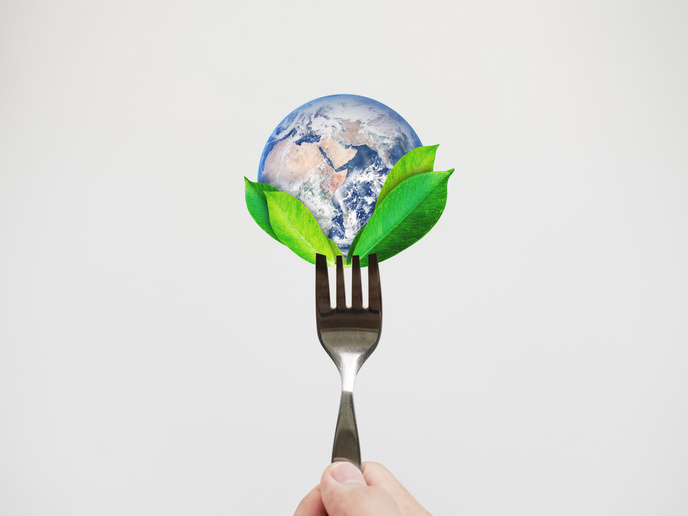Textile waste becomes new cotton
Every second, the equivalent of a rubbish lorry of textiles is either sent to landfill or burned, causing tremendous environmental and societal damage. The textile industry alone emits 1.2 billion tonnes of CO2 annually, surpassing the emissions from international flights and shipping combined. With global apparel consumption projected to reach 102 million tonnes by 2030 – equivalent to over 500 billion t-shirts – the need for sustainable production and consumption is critical. Industry leaders, government officials, environmental organisations and consumers agree that change is imperative. Unfortunately, current recycling solutions are limited in their ability to recycle the growing piles of discarded textiles. Affordable and sustainable alternatives that also meet functional requirements are highly sought after. The EU-funded New Cotton project was established to transform the textile industry through a circular production model for commercial garment production.
An eco-friendly alternative
Throughout the project’s course, the consortium worked to collect, sort and convert textile waste into a new, man-made, high-quality cellulose fibre that looks and feels like cotton. This new cotton material was based on the textile fibre regeneration technology pioneered by Infinited Fiber Company in Finland. “Our cellulose carbamate technology transforms textile waste that would otherwise be burned or landfilled into high-quality fibres that resemble cotton. This patented process can efficiently break down cotton-rich textile waste, including mixed fibres and other cellulose-based materials,” notes Elias Veijola, project coordinator and process development engineer at Infinited Fiber Company. “By using various feedstocks, this technology significantly reduces the need for virgin raw materials, offering substantial environmental benefits.” The fibres are then used to create various types of fabrics for clothing – designed, manufactured and sold by global brands like adidas and H&M.
Turning textile waste into high-quality fibres
Using advanced recycling technologies, sorted waste was transformed into high-quality fibres called Infinna™. These fibres, which are made entirely from 100 % textile waste, were spun into yarns, woven into fabrics and crafted into garments. The cellulose carbamate process used to create Infinna™ fibres is significantly more environmentally friendly than traditional viscose production, avoiding toxic chemicals like carbon disulfide. Throughout the transformation process, rigorous testing ensured the quality and performance of the new fibres and fabrics, leading to the successful release of circular-designed apparel to the market. “Unlike many recycled fibres, Infinna™ has a unique feel and appearance that allow it to be used on its own, to create 100% recycled garments,” outlines Kirsi Roine, chief customer officer at Infinited Fiber Company. New Cotton demonstrated the feasibility of large-scale textile recycling and fostered collaboration within the fashion industry. By uniting fashion brands, textile manufacturers and researchers, it championed circular fashion and provided valuable insight and lessons to promote sustainable practices and innovation across the industry.
An exemplary model for sustainable practices
New Cotton is poised to make a significant impact by substantially reducing textile waste and decreasing reliance on virgin materials. This should lead to less deforestation and help preserve biodiversity. Furthermore, by establishing a new market for recycled textiles, the project not only adds sustainability value for fashion brands but also fosters economic growth in the recycling sector. “Setting a benchmark for sustainability within the fashion industry, New Cotton encourages other brands to adopt circular practices, driving a transformation across the sector. Furthermore, it raises consumer awareness about sustainable fashion choices and the importance of recycling,” concludes Tanja Karila, chief marketing officer at Infinited Fiber Company.
Keywords
New Cotton, textile waste, Infinited Fiber Company, recycling, Infinna, recycled fibres







